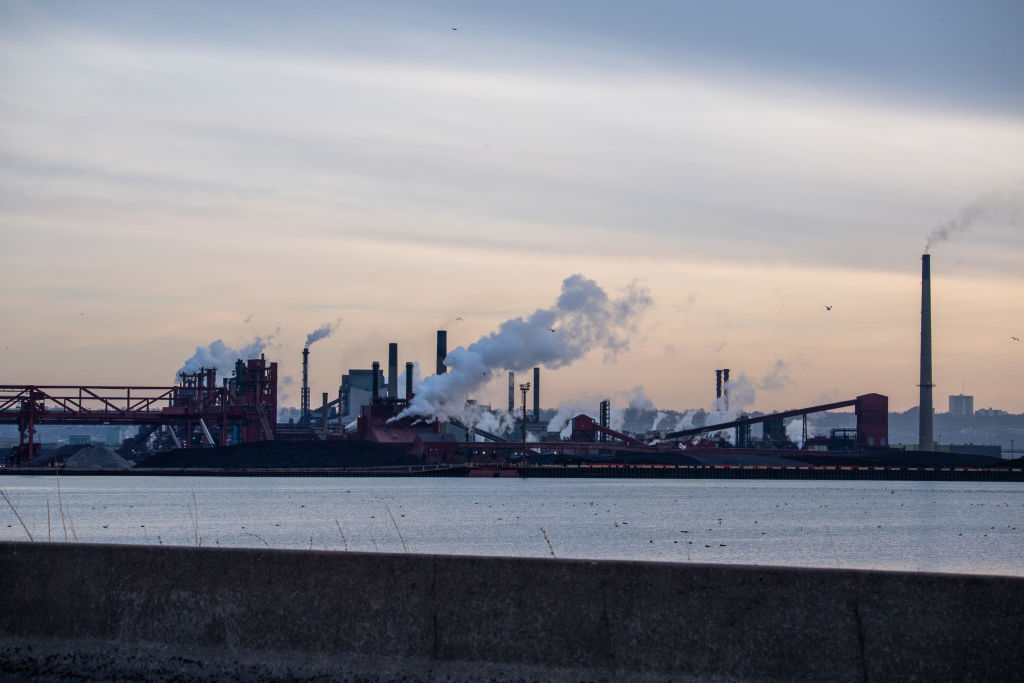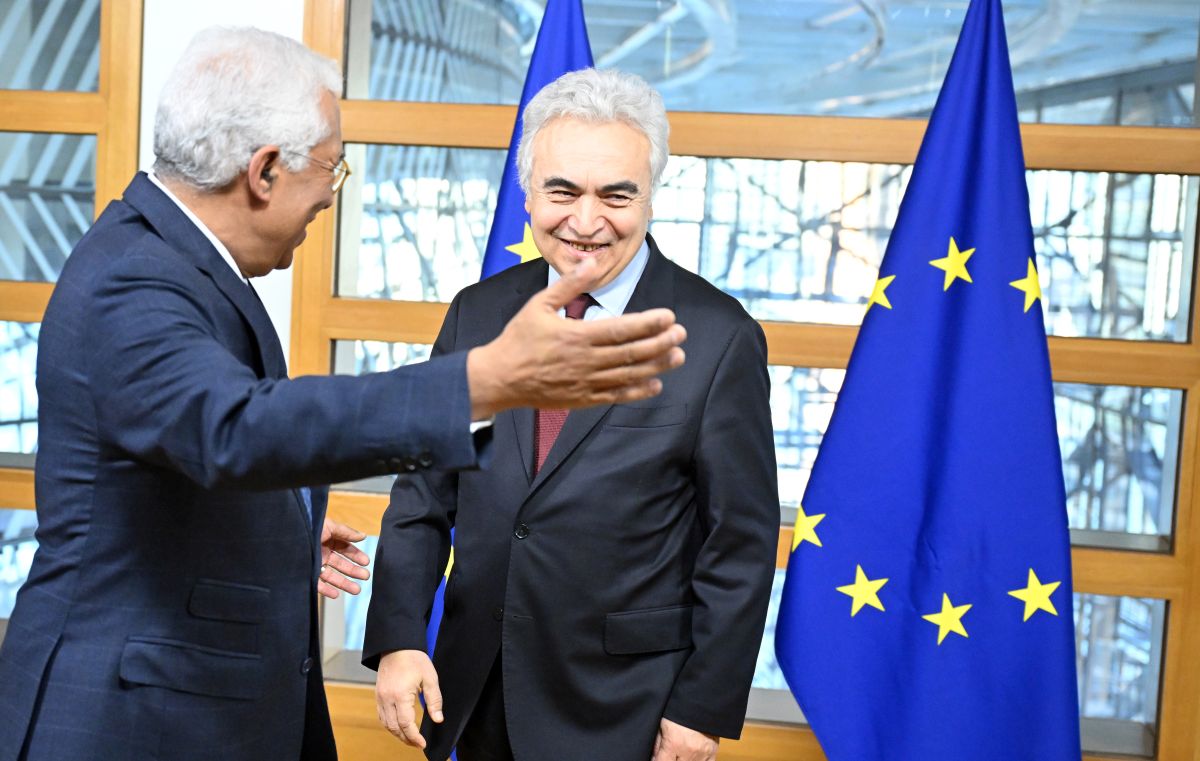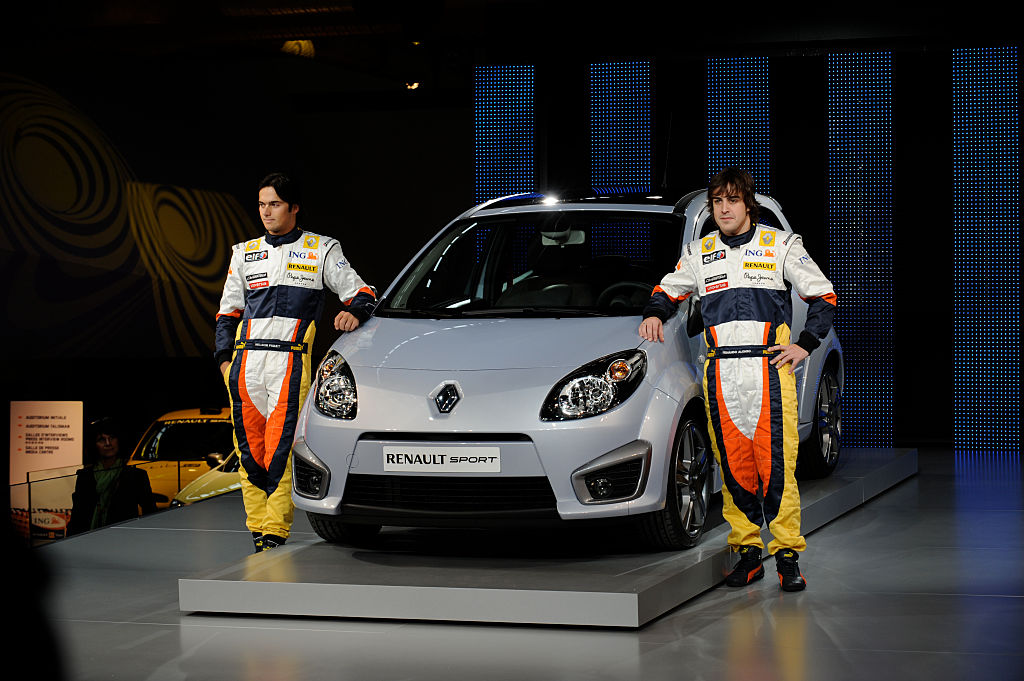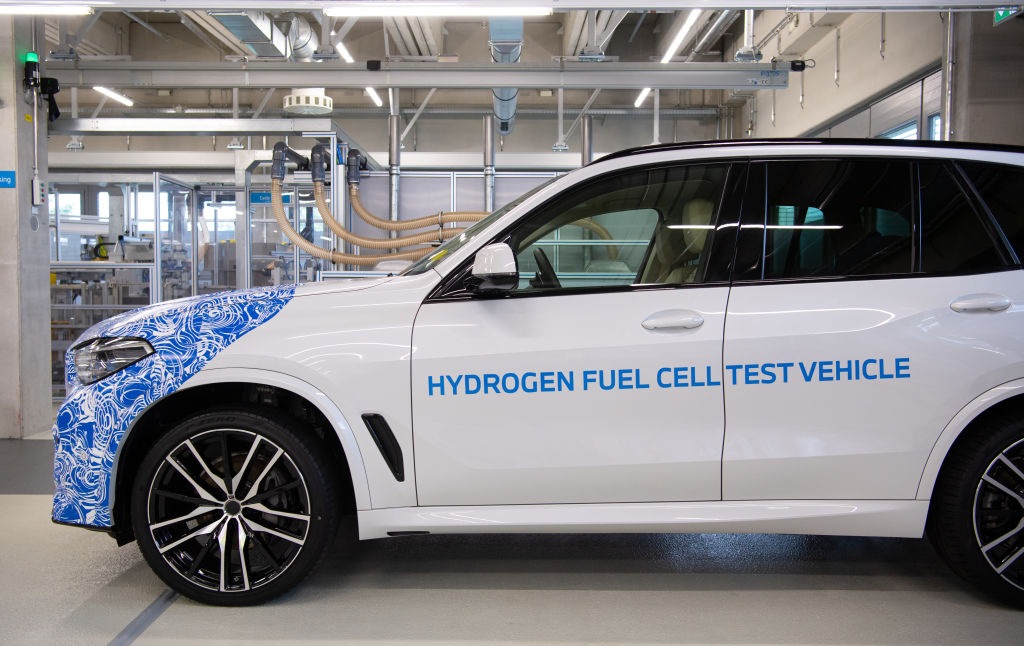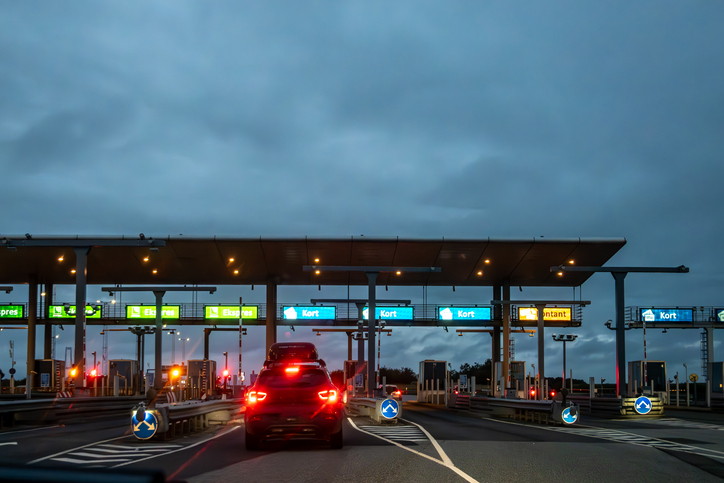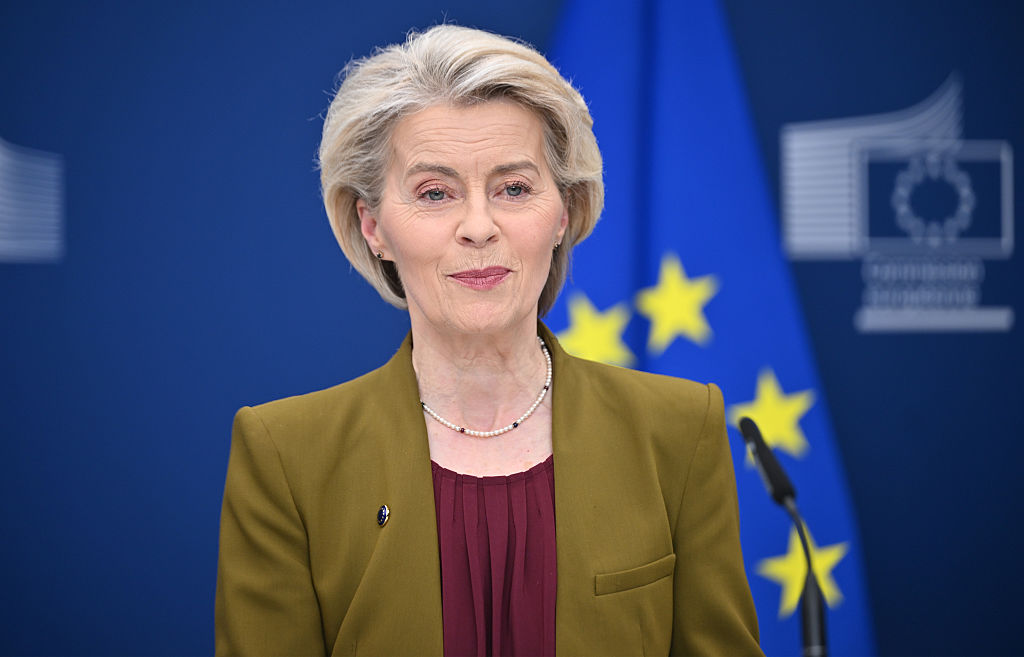Petrol, diesel phase-out now unfeasible, carmakers claim
“We are being asked to transform with our hands tied behind our backs,” they wrote
Geopolitical and economic upheaval means strict emissions limits for 2030 and 2035 are “no longer feasible” and a change of strategy is needed, groups representing European carmakers and suppliers have warned.
Ever-tightening EU standards mean new cars sold after 2035 must have zero tailpipe CO2 emissions, in what amounts to a de facto ban on models with internal combustion engines running on fossil fuels.
The leaders of the European Automobile Manufacturers’ Association (ACEA) and of the European Association of Automotive Suppliers (CLEPA) wrote in a letter to a European Commission official that the EU has failed to provide the enabling conditions for its road transport decarbonisation goals.
“We are being asked to transform with our hands tied behind our backs,” they said, complaining of a “near-total dependency on Asia” for battery supplies, high electricity prices, and now US tariffs hitting the sector.
The lobby groups demanded “much more ambitious, long-term, and consistent demand-side incentives” such as reducing charging costs, purchase subsidies or tax reductions.
But the core of their demands is a change of strategy at EU level. “It is clear by now that penalties and legal mandates alone will not drive the transition,” they told European Commission President Ursula von der Leyen in their letter.
The EU executive has already tweaked the rules to help carmakers avoid huge fines for missing emissions limits – averaged over all cars sold by a given producer – that take effect this year.
Key among the changes that the industry now claims are imperative is a broad application of technology neutrality. The lobby groups explicitly called for plug-in hybrid models, range extenders, highly efficient internal combustion engines, hydrogen, and low-carbon fuels all to be recognised as part of the transition.
Yet nothing prevents carmakers from developing, for example, hydrogen-powered cars where there is a demand for such technologies, and a specific loophole for using CO2-neutral fuels was included in the law after Germany threatened to block the new emissions standards.
The EU executive already surrendered to automotive lobbies earlier this year, when it granted EU carmakers a three-year window to meet emission reduction goals previously expected by 2025.
The lobby groups are now portraying the “strategic dialogue” between Commission officials, industry groups and a smattering of civil society representatives, due to resume in Brussels on 12 September, as the “EU’s last-chance saloon to adjust its policies for today’s market, geopolitical, and economic realities”.
The Belgian green MEP Sara Matthieu criticised the lobbies’ calls, saying that weakening environmental laws is “how we’re handing over the [electric vehicle] market to China as a gift.”
She urged the EU to quickly adopt Belgium-like incentives for electric company cars, which resulted in a massive increase in registrations of clean vehicles, and added that demand should be boosted with social leasing schemes.
UPDATE: Matthieu’s comment was added to the article.
(rh, aw)

